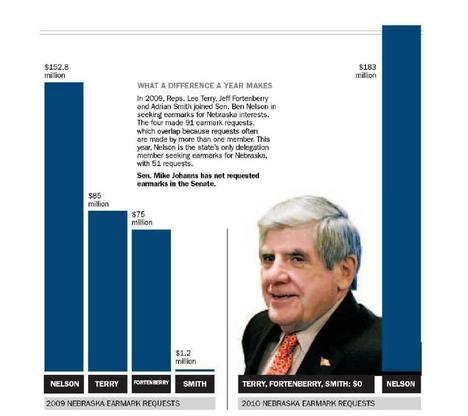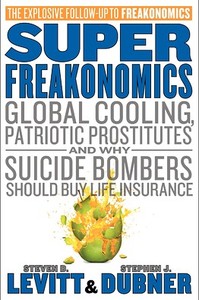(p. 3B) LINCOLN — MidAmerican Energy is suing the state after state officials grounded a $1.1 million sales tax refund the company expected on the purchase of a corporate jet.
Under Nebraska’s 1987 economic development act, LB 775, companies can get sales tax refunds for such aircraft.
But the Nebraska Department of Revenue rejected the refund because MidAmerican’s multimillion-dollar Falcon 50EX jet, purchased in 2004, was used to transport U.S. Sen. Ben Nelson, D-Neb., on a trip between Albany, Ga., and Omaha on Nov. 28, 2006.
Using such planes for fundraising or transporting an elected official disqualifies a company from getting the sales tax benefit, State Tax Commissioner Doug Ewald ruled, citing prohibitions in LB 775.
MidAmerican, an Iowa-based energy firm headed by Omaha businessman David Sokol, is appealing.
The company is asking the Lancaster County District Court to overturn the department’s March ruling.
MidAmerican argued that a single trip taken by Nelson should not be enough to deny the refund. It also maintained that the state, under LB 775, should have based its ruling on the intended purpose of the airplane and can test that use only when the plane is purchased.
For the full story, see:
Paul Hammel. “MidAmerican Sues State Over Tax Credit on Jet.” Omaha World-Herald (Friday, May 7, 2010): 3B.
(Note: the online version of the article was dated Thursday, May 6, 2010 and had the title “MidAmerica (sic) sues Neb. for refund.”)


